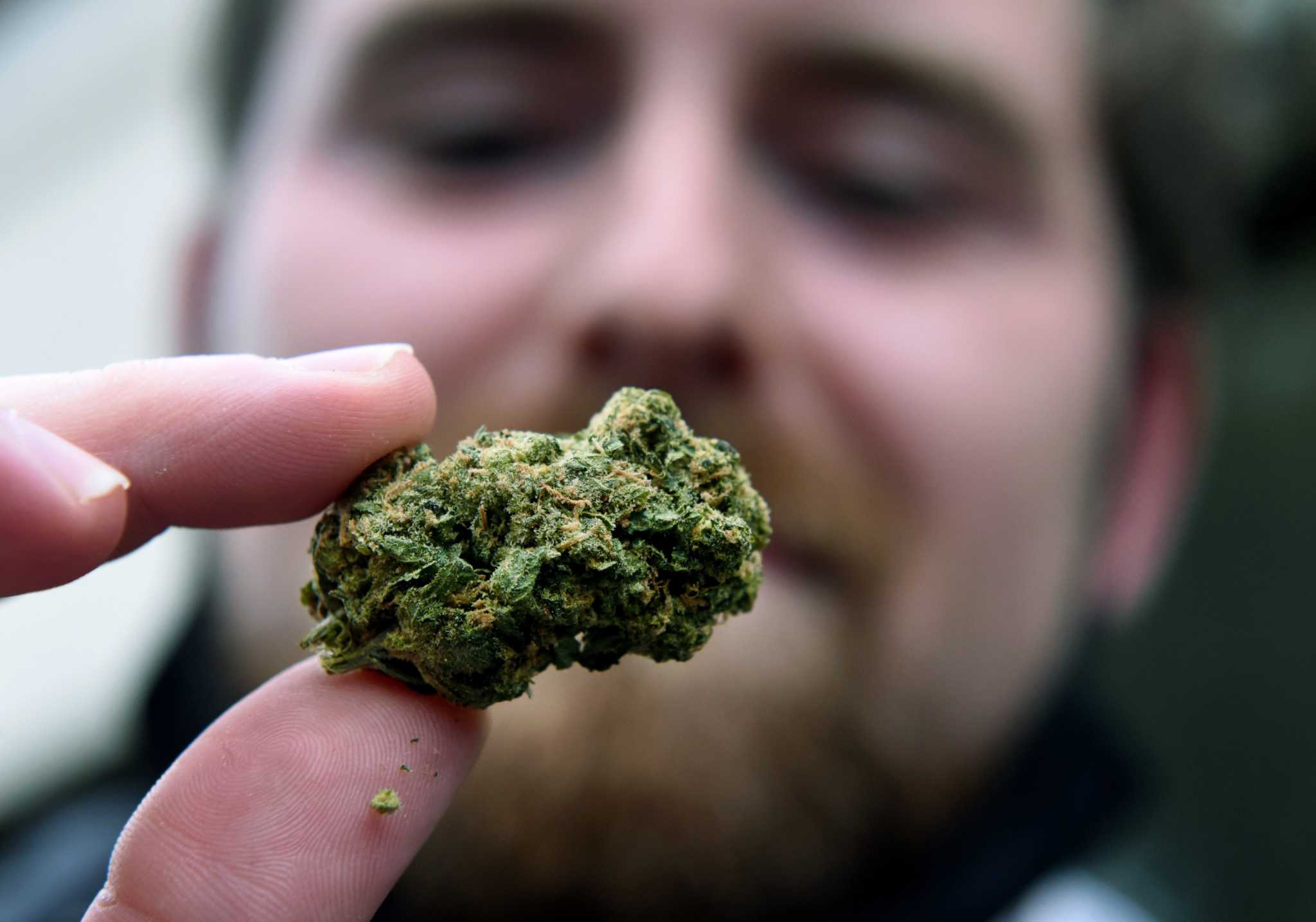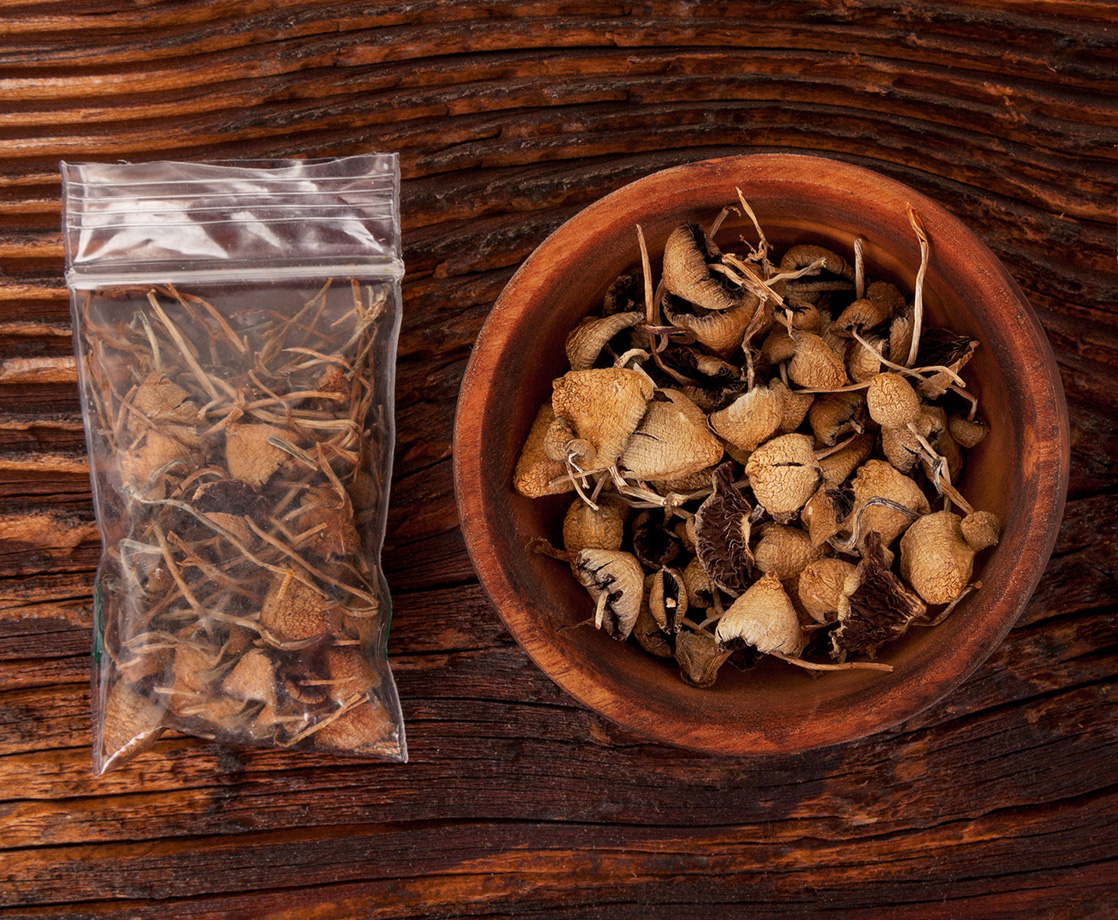Image via
New York doctors can now recommend cannabis to treat any condition they see fit, under a major new expansion to the state’s medical marijuana program.
The Office of Cannabis Management (OCM) just completely revamped the state’s medical cannabis program certification and registration system, removing several barriers to access. Most notably, the new rules do away with the previous system of qualifying conditions, which only allowed people suffering from one of a dozen or so ailments to register with the program. The new rules will allow physicians to recommend medical pot to treat “any condition that the practitioner believes can be treated with medical cannabis.”
All new medical marijuana registrations will now be handled by the OCM, instead of the state Department of Health. Regulators have promised that the new certification system will be quicker and easier to use than the former registration process. Current certifications and cards issued by the health department will remain valid until their expiration date and can be renewed at the new OCM site when they do expire.
These new rules are the latest steps of a broader plan to reform the state’s medical pot laws. Last October, the OCM finally decided to allow patients to buy and smoke whole flower products. At the same time, regulators permanently waived the $50 fee for new patients and caregivers and allowed patients to buy up to 60 days’ worth of medicine at one time, twice the previous limit. Regulators also expanded the list of eligible clinical providers to include dentists, podiatrists, and midwives and made it easier for hospitals, schools, and other facilities to hold and dispense medical cannabis.
These changes were made possible by New York’s Marijuana Regulation and Taxation Act (MRTA), which was passed last March. In addition to legalizing cannabis sales and personal use for adults, this new law also updated the state’s limited medical pot program. Under these new rules, patients will eventually be allowed to grow their own weed at home. The OCM has not gotten around to drafting the regulations for home cultivation yet, though.
“It is terrific to see the Medical Cannabis Program expand so vastly with the launch of the new certification and registration program and the ability of practitioners to determine qualifying conditions as included in the MRTA,” said Cannabis Control Board Chair Tremaine Wright in a statement. “The new cannabis industry is taking shape as we continue to implement the MRTA and provide greater access for New Yorkers to a medicine that we’re learning more about every day.”
Before the current round of expansions, New York’s medical marijuana program was surprisingly conservative for such a traditionally liberal state. The original law only allowed the sale of weed edibles, tinctures, and vapes, but not flower, and imposed a strict list of qualifying conditions. The revised program brings the Empire State’s program in line with other states, like California and Oklahoma, that also allow doctors to recommend medical pot at their own discretion.
“Launching the new patient certification and registration system and expanding eligibility for the Medical Cannabis Program are significant steps forward for our program. We will continue to implement the MRTA and ensure that all New Yorkers who can benefit from medical cannabis have the access they need to do so,” said OCM Executive Director Chris Alexander. “It’s important for New Yorkers to know that even as we shift the medical program to the OCM, your access will not be disrupted and the program will continue to expand.”
There are currently around 150,000 patients registered with New York’s medical marijuana program, representing only 1.3 percent of the 19 million people living in the state. Adult-use sales are still nearly two years away, though, so the new regulations will allow a greater number of New Yorkers to access medical pot while they wait for recreational dispensaries to open their doors.











